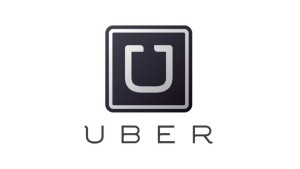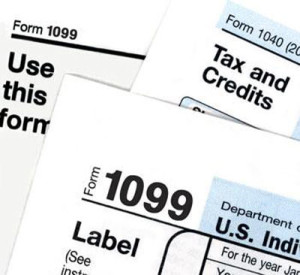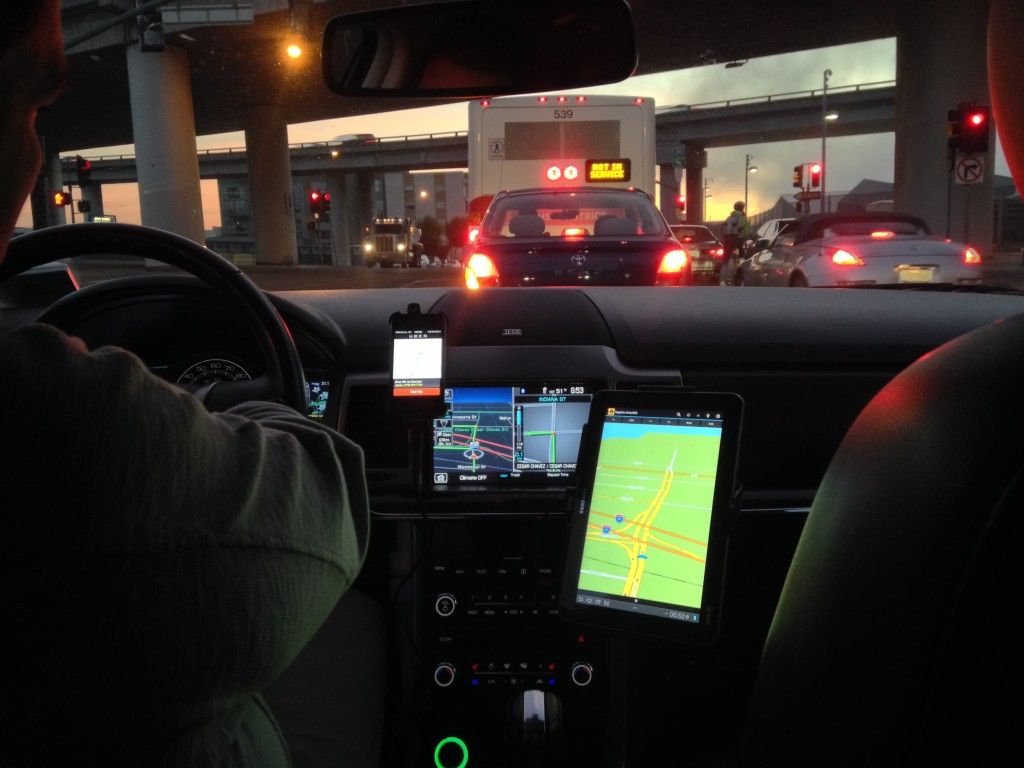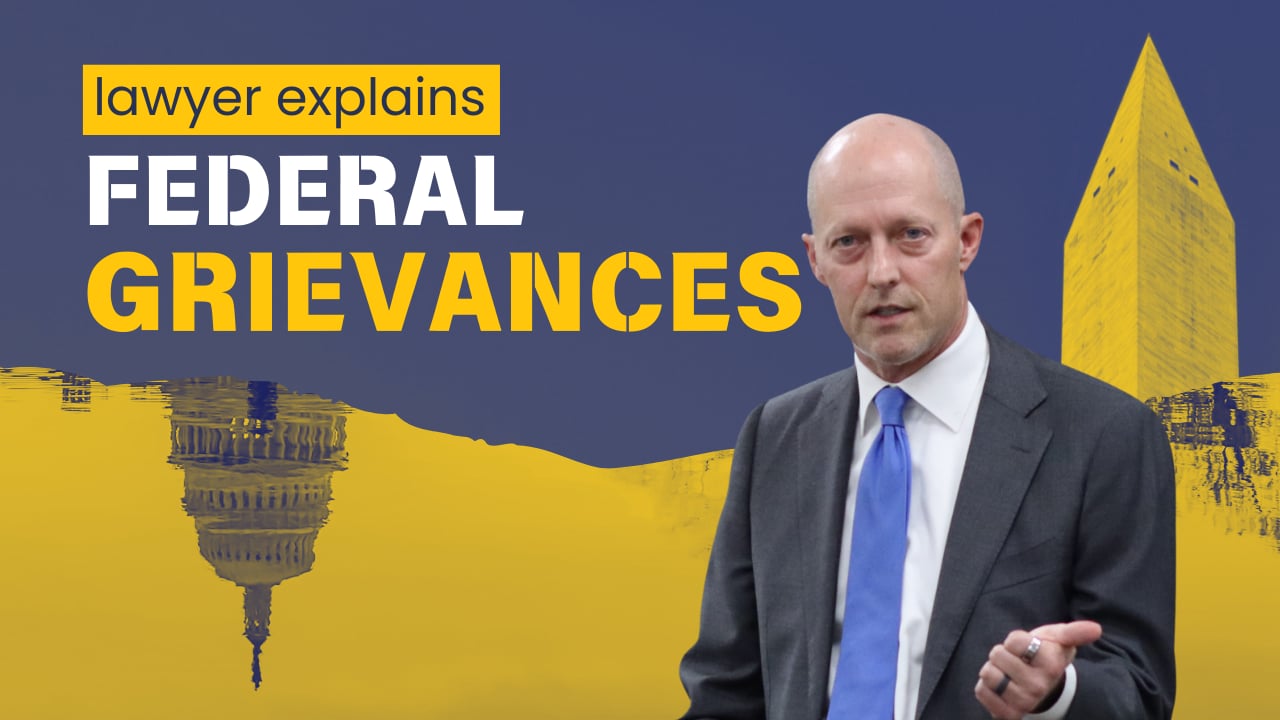 The California labor commission ruled that an Uber driver is an employee, not an independent contractor, as claimed by the company. If that decision is upheld and sets a precedent for those in similar situations nationwide, it could have a massive impact on the ride-sharing company and others like it. Short term, it could mean increased pay for drivers, but in the long term, due to those increased costs, it may hasten their replacement by self-driving cars.
The California labor commission ruled that an Uber driver is an employee, not an independent contractor, as claimed by the company. If that decision is upheld and sets a precedent for those in similar situations nationwide, it could have a massive impact on the ride-sharing company and others like it. Short term, it could mean increased pay for drivers, but in the long term, due to those increased costs, it may hasten their replacement by self-driving cars.
Why is an Uber driver an employee? The commission relied upon traditional tests of whether someone is an employee, even in this high-tech case. The more control a purported employer has over a worker and how the work is done, the more likely the person will be found to be an employee.
Whether a Party Is an Employer Is Usually Decided on the Degree of Its Control Over Workers
 Uber will soon be a $40 billion company, according to Fortune magazine, and it’s clinging to its supposed identity as an Internet/smartphone platform (not an employer) merely facilitating transactions between drivers and passengers. The California labor commission decision, which became known after a copy was filed in California state court, didn’t see it that way.
Uber will soon be a $40 billion company, according to Fortune magazine, and it’s clinging to its supposed identity as an Internet/smartphone platform (not an employer) merely facilitating transactions between drivers and passengers. The California labor commission decision, which became known after a copy was filed in California state court, didn’t see it that way.
It found that former San Francisco-based Uber driver Barbara Ann Berwick was not an independent contractor merely getting customers through a smartphone app; rather, she was an employee whose expenses needed to be paid as such. If the decision stands and becomes widespread, it could radically change Uber’s business model and reshape what’s been called the “sharing economy” (work and income generated by websites and apps connecting people seeking services with sellers of those services).
The commission ruled Uber is not a neutral online platform bringing together people who need transportation with people willing to drive them: “The reality, however, is that (Uber is) involved in every aspect of the operation.” Here are the facts that Fortune highlighted as supporting that decision:
- Uber drivers must pass background and DMV checks,
- They must register their cars with Uber,
- Their cars must be less than 10 years old,
- Their passenger approval rating must not drop below a certain score or drivers can no longer be part of the system,
- Uber sets the price for each trip, and
- The driver receives a nonnegotiable service fee.
This ruling was attached to an appeal that the company filed in the Superior Court of California in San Francisco. If the decision is upheld, the company can appeal to the California Court of Appeals, then potentially to the California Supreme Court.
The decision came after Uber appealed a labor commissioner’s award of about $4,000 in expenses to Berwick, who filed her claim in September 2014. She worked as an Uber driver for just over two months last year, according to Reuters.
Uber has had similar decisions go its way in other jurisdictions, and there’s a possible trial in a separate case where Uber drivers claim they’re employees entitled to be paid at least the minimum wage, have expenses covered and get workplace benefits. Earlier this year a federal judge in San Francisco rejected the company’s argument that drivers must be considered independent contractors.
As Independent Contractors, Huge Savings for Uber and Huge Costs for Drivers
Uber obtains huge savings, and d rivers are burdened with massive costs, if Uber drivers are independent contractors. The company need not
rivers are burdened with massive costs, if Uber drivers are independent contractors. The company need not
- pay wages, including overtime;
- provide for meal and rest breaks;
- pay Social Security, unemployment, and workers’ compensation insurance; or
- pay the costs of operating the cars, including insurance, maintenance, repairs, and fuel.
Uber’s savings go well beyond not paying paychecks. If there is an accident and the driver is injured, Uber can state it’s not responsible for workers compensation (since the driver’s not an employee), and if a passenger or bystander is injured, it can claim only the driver is at fault (it’s a just platform that arranges for transportation).
Short Term vs. Long Term
In the short term, Uber can continue its position that it’s not an employer (and cope with the uncertainty of possible future legal decisions against it) or change its position and accept that it’s an employer (and cope with increased costs). In the long term, its third option is automated, driverless cars.
The Wall Street Journal reported in February that Uber formed a partnership with Carnegie Mellon University to develop driverless car and mapping technology. In a blog post, the company stated it was forming the “Uber Advanced Technologies Center” in Pittsburgh. Uber explained that it would work closely with Carnegie Mellon faculty and students, focusing on research and development of “mapping and vehicle safety and autonomy technology.”
If drivers are paid and reimbursed like employees, that’s good news for them in the short term. But if that comes to pass, Uber’s costs will go up, possibly hastening the switch to self-driving cars that lack the ongoing costs of human employees.
Summing It Up
What’s in it for you? Both high-tech companies like Uber and low-tech companies like construction contractors often misclassify employees as independent contractors so they can try to save money. If you’re in that situation, here’s what you need to know:
- If you want to contest that you’re an independent contractor and seek the pay and benefits of an employee, you would need to show the company has sufficient potential and actual control over the terms and conditions of your employment.
- You may have signed an agreement spelling out that you’re an independent contractor, but that document may not be given much weight when the issue is decided.
- It’s important that you keep all records and document how you and your work are controlled by the company you work for.
If you have any questions about whether you’re an employee or misclassified as an independent contractor, contact our office so we can talk about your situation, the applicable laws, and your best options to protect your rights.





